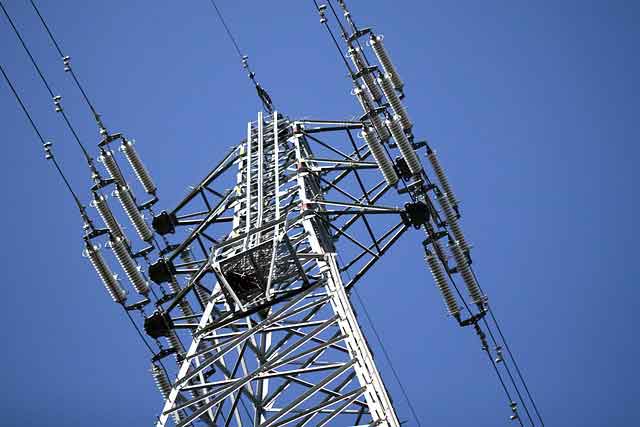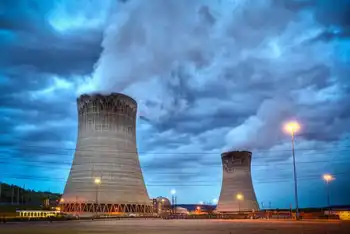Nissan working on smaller hybrid car system
By Reuters
Protective Relay Training - Basic
Our customized live online or in‑person group training can be delivered to your staff at your location.

- Live Online
- 12 hours Instructor-led
- Group Training Available
Executive Vice President Mitsuhiko Yamashita said Japan's No.3 automaker had made no final decision about actually offering small and mid-sized hybrid vehicles, but said the technology may be necessary for consumers who need fuel-efficient, all-purpose cars that have the same driving range as conventional gasoline or diesel cars.
"The best option of course would be for zero-emission electric vehicles to cover all needs, but that's going to take a while," Yamashita, who heads research and development at Nissan, told Reuters at an event to brief on Nissan's latest vehicle technologies.
A mass rollout of hybrid cars would signal a major shift in strategy for Nissan, which has been looking to close the image gap in environmentally friendly technology with hybrid pioneers Toyota Motor Corp and Honda Motor Co by leading in the zero-emission electric vehicle (EV) field.
Despite the surging popularity of gasoline-electric hybrids in Japan, Nissan has remained lukewarm on the technology, announcing plans only to mount its internally developed hybrid system on low-volume, high-end cars such as the Fuga sedan and Infiniti models, starting next year.
Nissan has said it will seek to reduce its vehicles' overall carbon dioxide emissions mainly with improvements to its engines and transmissions, and through vehicle weight reduction.
The Nikkei business daily reported this month, however, that Nissan was planning to launch a hybrid version of its Serena minivan, its top-selling model in Japan, in 2011. Nissan has said it has no official plans beyond the launch of the luxury hybrids.
Nissan has long argued that zero-emission electric vehicles, while limited in range on one charge, are sufficient for everyday use, citing research that more than 80 percent of drivers travel less than 100 km (62 miles) a day.
Nissan's first mass-volume electric car will have a range of 160 km (100 miles) on a full charge — less than half of a typical internal combustion engine vehicle. The company is due to unveil the five-seater EV, with an all-new design that a source said would resemble a hatchback, on August 2.
Nissan said its EV, which offers virtually instant acceleration, a quiet ride and a top speed of 140 km/h, can be charged in eight hours using a 200-volt power source and double that with 100 volts.
Along with French partner Renault SA, Nissan wants to be the first automaker to mass-market EVs, starting with a partial introduction in Japan and the United States in 2010. A global roll-out is due in 2012 with two other models.











